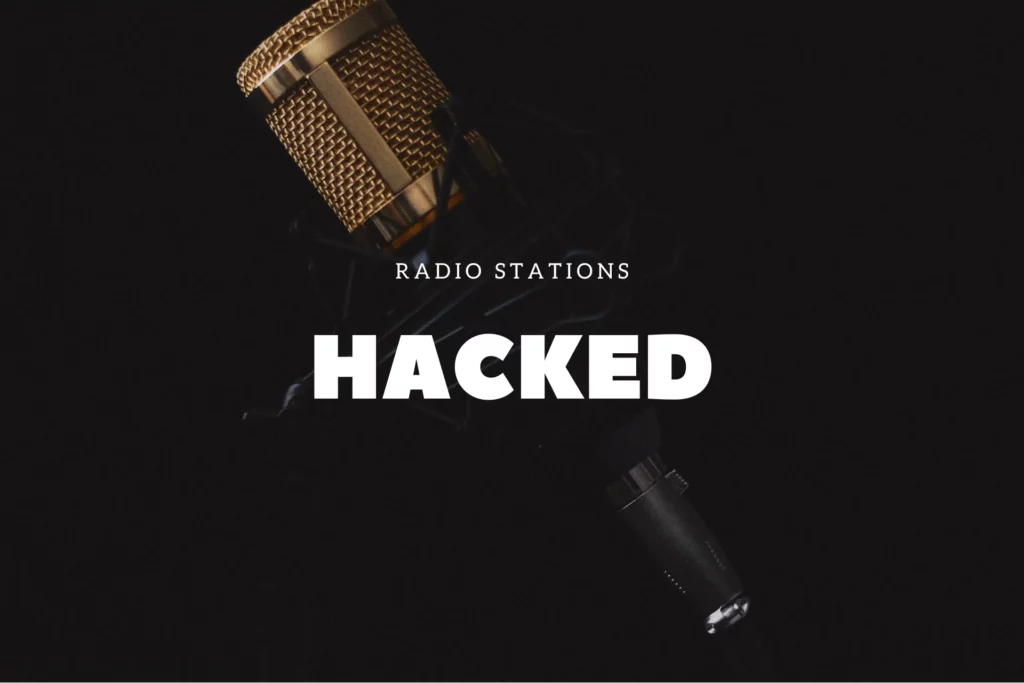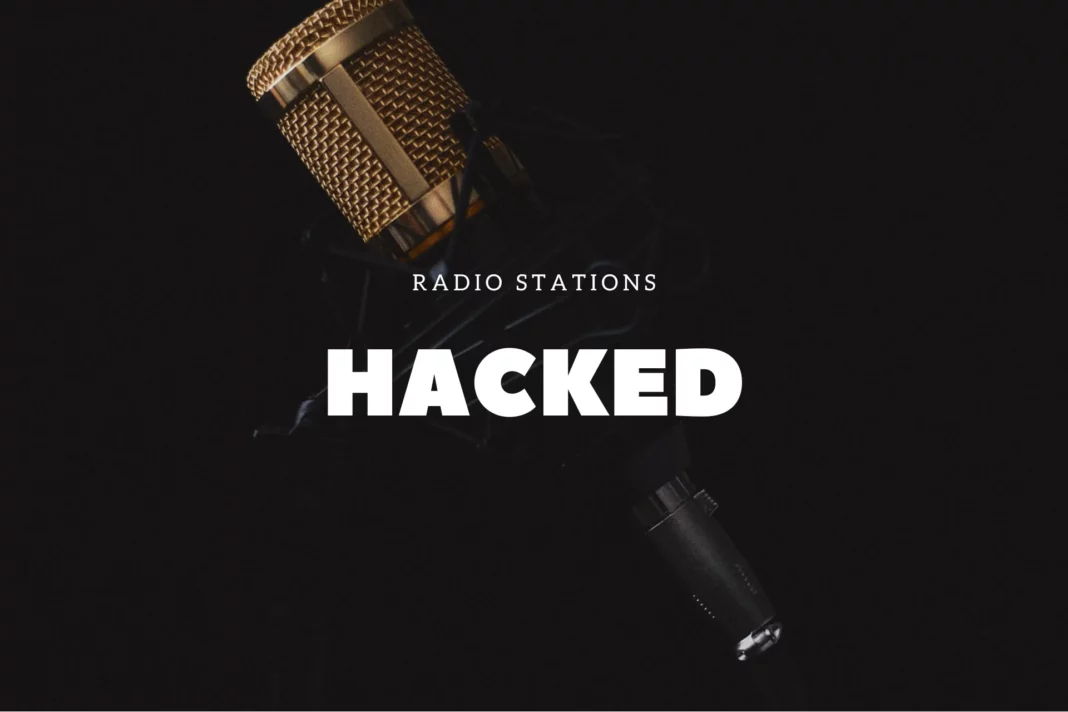On the eve of the anniversary of Vladimir Putin’s 2014 invasion, two radio stations in Crimea were hacked with a message from Ukraine. The message included the Ukrainian anthem and a statement from Major General Kyrylo Budanov, chief of the defense intelligence of Ukraine, promising to take back Crimea from Russia.

This move by Ukraine has stirred up the already tense relationship between the two countries, which have been at odds since the annexation of Crimea. In this article, we will explore the current situation between Ukraine and Russia, the history of Crimea, and the possible implications of Ukraine’s message on the two radio stations.
History of Crimea
Crimea is a peninsula located on the northern coast of the Black Sea, which has been contested by various empires and countries for centuries. The Ottoman Empire, the Russian Empire, and Ukraine have all claimed control of Crimea at different times in history. The most recent conflict occurred in 2014, when Russia annexed Crimea from Ukraine, leading to a violent conflict between the two nations that still persists to this day.
Current Situation
Ukraine’s message on the two radio stations has reignited tensions between Ukraine and Russia. Many fear that Russia will retaliate, possibly leading to a larger conflict. Russian officials have condemned the move, calling it “irresponsible and provocative.” Russia has also increased its military presence in Crimea and along its border with Ukraine, leading to concerns that a new conflict may be on the horizon.
Implications of Ukraine’s Message
The message broadcasted on the two radio stations in Crimea is a bold move by Ukraine to reclaim the territory that was annexed by Russia. However, the move also risks escalating tensions between the two countries, possibly leading to a larger conflict. The message has been condemned by Russian officials and has led to an increase in military presence in Crimea and along the border with Ukraine.
